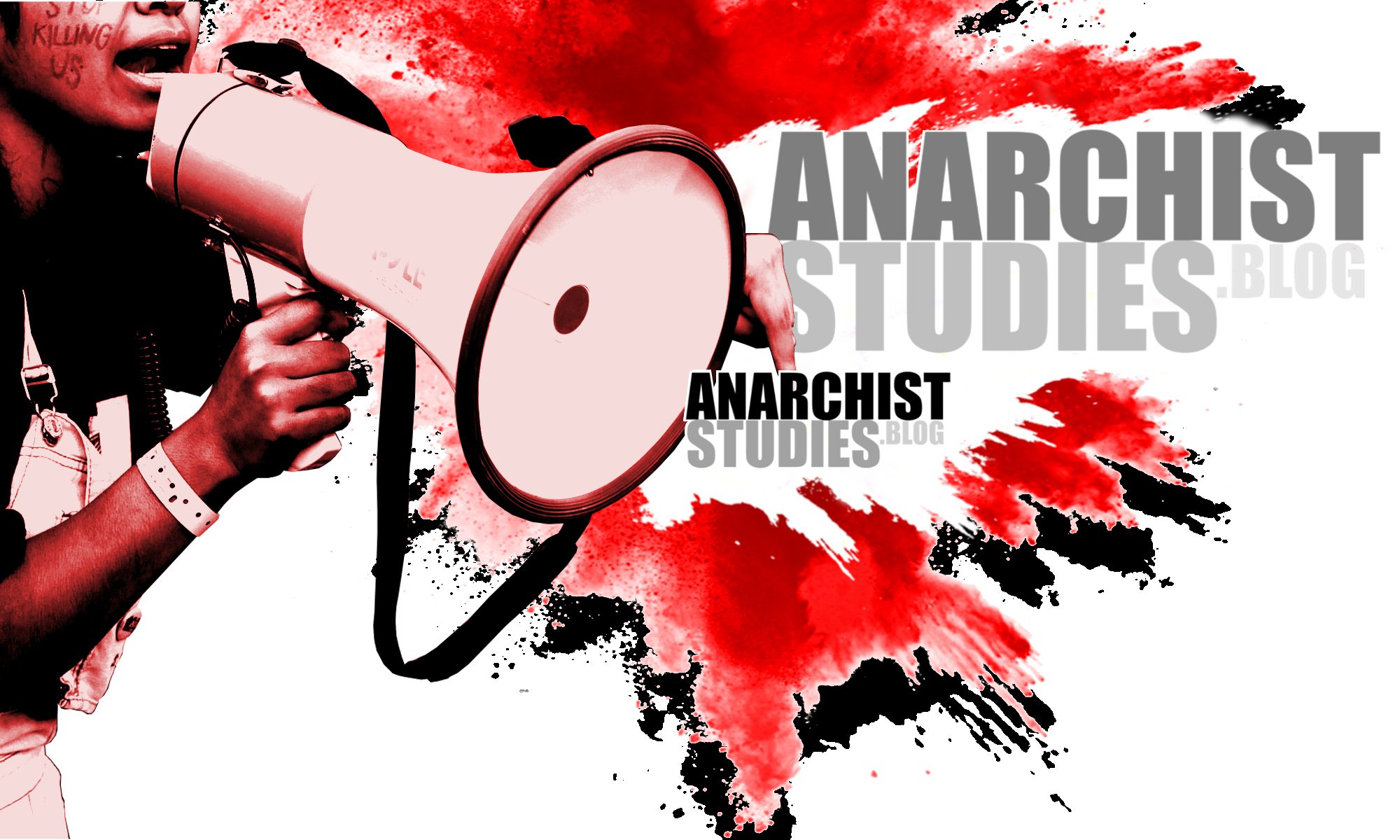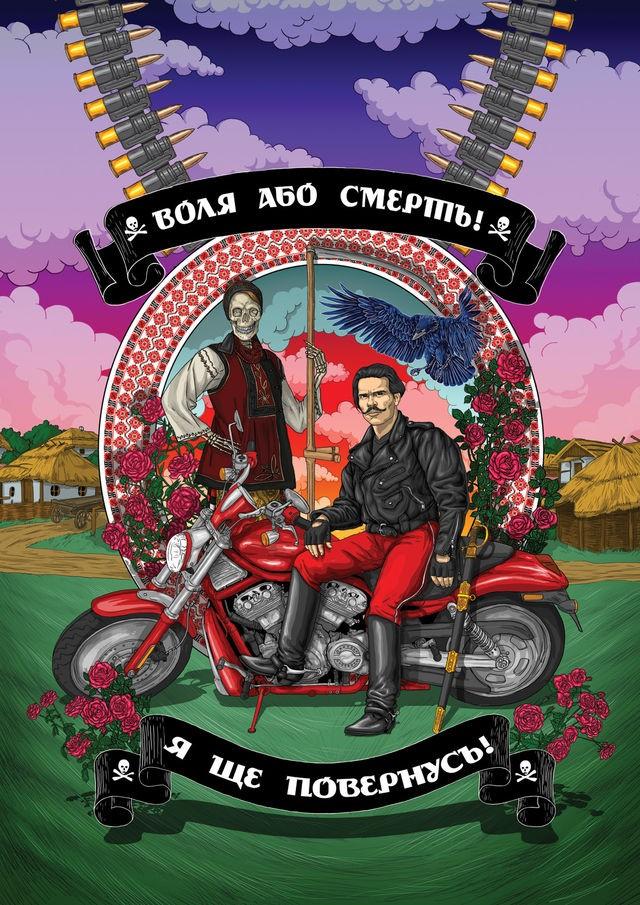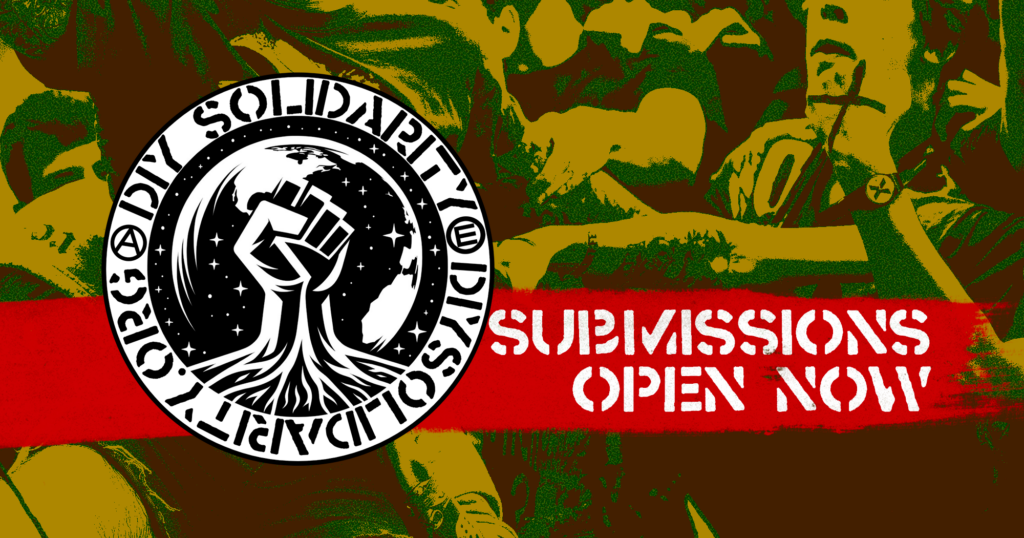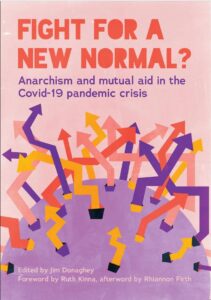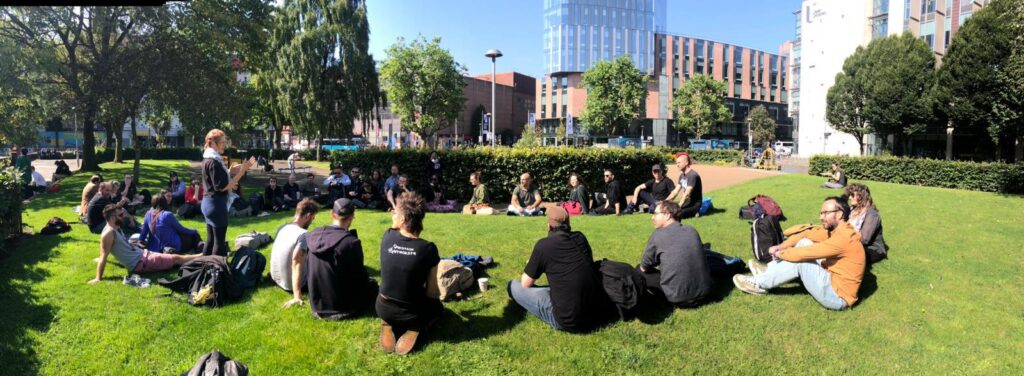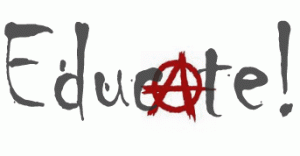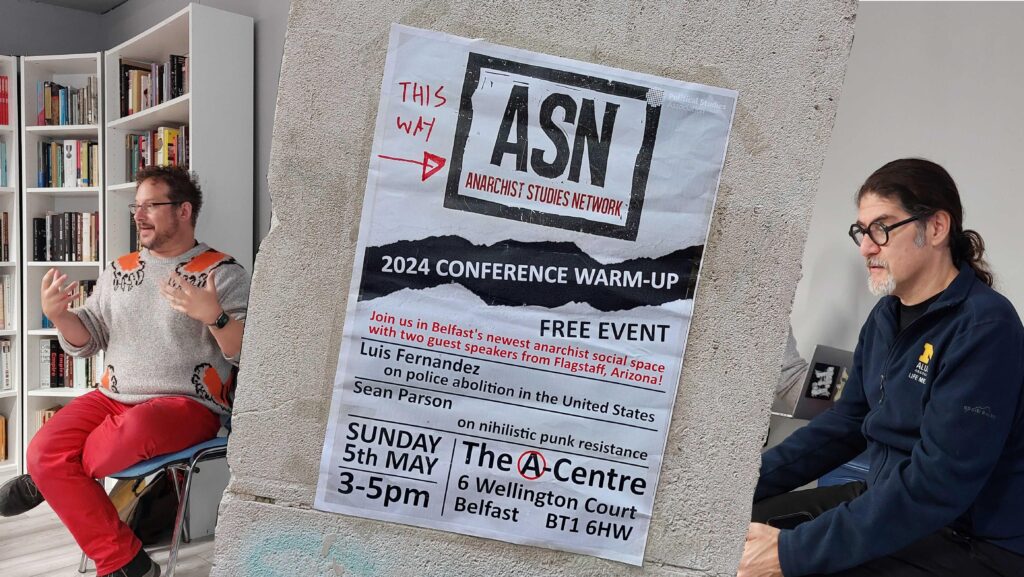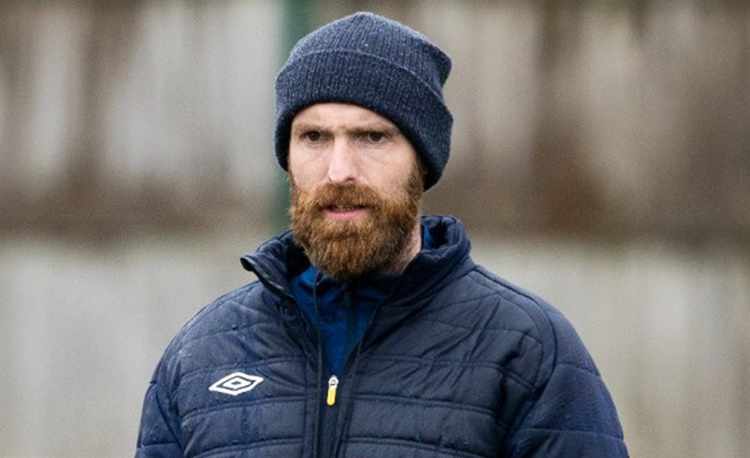
Jamie Hamilton, U16s coach at Ayr United Football Club, conceives of football as an expressive, living, and deeply human practice. This ‘relationalism’ is in resistance to the ‘positionism’ that typifies the top-down, rationalized domination of the sport. So Stevphen Shukaitis isn’t being totally absurd when he asks:
‘What might a Scottish football coach contribute to anarchist political theory?’
Shukaitis’s provocation is that Hamilton’s tactical innovations are an articulation of a deeper political and philosophical vision – one that resonates strongly with contemporary currents in anarchist thought. Hamilton’s vision of the game as a way of expressing, resisting, and imagining life itself is a welcome challenge to dominant models of thinking about football (… what even is a ‘Club World Cup’ anyway?).
